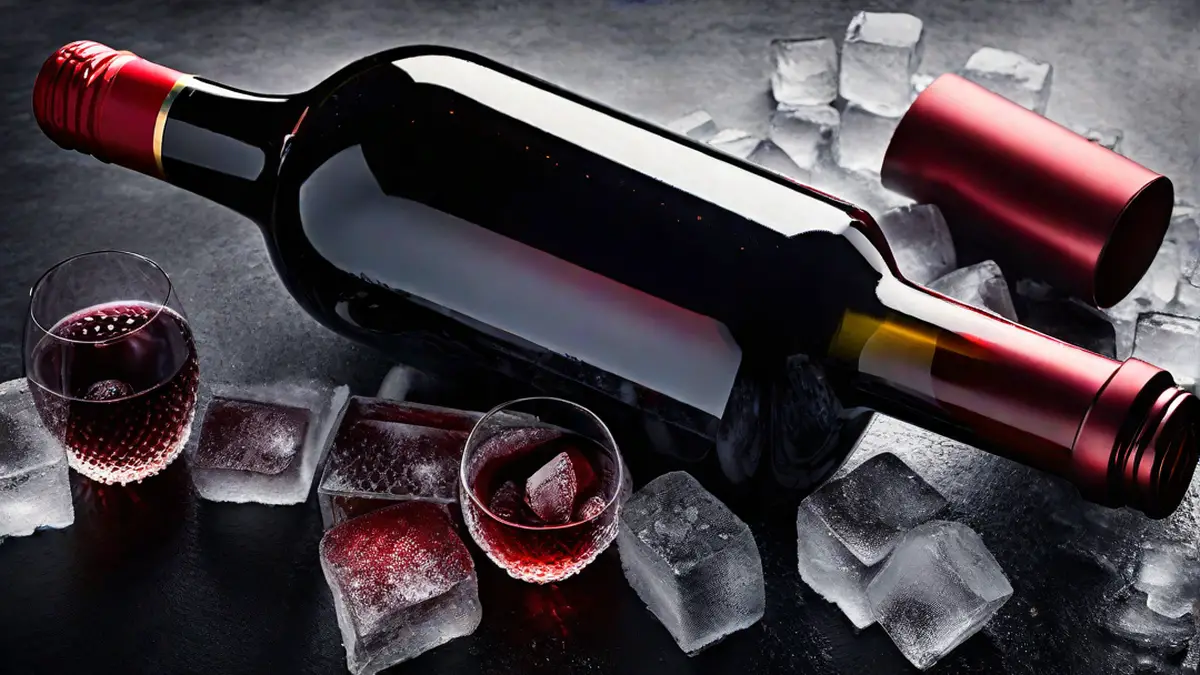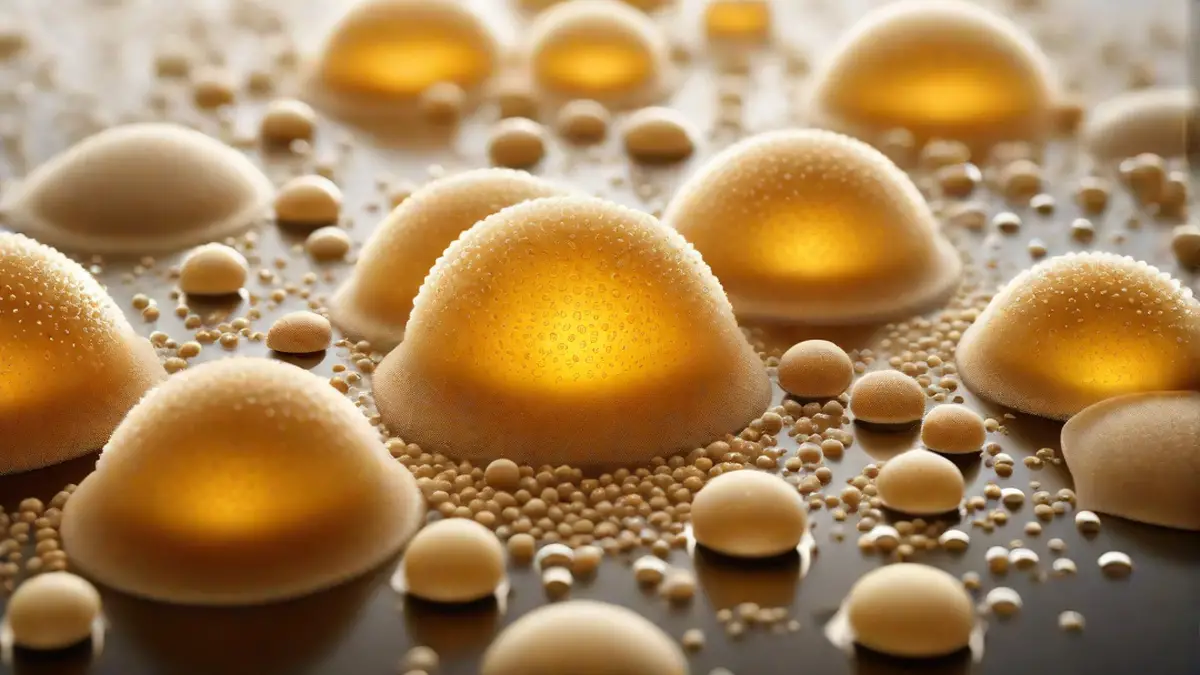Can wine be frozen for culinary purposes?
As a wine enthusiast and avid home cook, I have often found myself with leftover wine after a delightful evening of sipping and enjoying a glass or two. Instead of letting that precious liquid go to waste, I began to wonder if I could freeze it and use it for cooking later on. So, I decided to dive deep into the world of freezing wine for cooking, and here’s what I discovered.
Freezing Wine: The Basics
First things first, can you actually freeze wine? The answer is yes, you can. However, it’s important to keep in mind that freezing wine can alter its taste and texture. The freezing process can cause the wine to expand and potentially lose some of its flavors and aromas. So, while freezing wine is possible, it may not always produce the same results as using freshly opened wine.
Choosing the Right Wine to Freeze
Not all wines are suitable for freezing. It’s best to choose a wine that is more robust and full-bodied, as these types of wines tend to hold up better during the freezing process. Red wines like Cabernet Sauvignon, Merlot, and Syrah are good options, as are fortified wines like Port or Sherry. Avoid freezing delicate white wines or sparkling wines, as they may not fare well in the freezer.
Proper Freezing Techniques
When it comes to freezing wine for cooking, there are a few important techniques to keep in mind. First, make sure to transfer the leftover wine to a freezer-safe container. Glass bottles may crack or break in the freezer, so opt for plastic containers or ice cube trays specifically designed for freezing liquids. Leave some headspace in the container to allow for expansion as the wine freezes.
If you prefer to freeze smaller portions, consider using ice cube trays. Pour the wine into the trays and freeze until solid. Once frozen, transfer the wine cubes to a freezer bag for easier storage. This way, you can easily portion out the wine for future recipes without having to thaw an entire container.
Using Frozen Wine in Cooking
When it comes to using frozen wine in cooking, there are a few important considerations. Firstly, it’s important to thaw the wine before using it in your recipe. Thawing the wine in the refrigerator overnight is the safest method, as it allows for a slow and controlled thawing process.
Once thawed, taste the wine to ensure that its flavor and aroma are still intact. If the wine has lost some of its character, you may want to consider using it in dishes that require longer cooking times or bold flavors, such as stews, marinades, or sauces.
The Final Verdict
So, can you freeze wine for cooking? The answer is yes, but with some caveats. Freezing wine can be a practical way to avoid wasting leftover wine and still use it in your culinary creations. However, it’s important to keep in mind that the frozen wine may not have the same nuances and complexities as freshly opened wine.
As a wine lover, I personally believe that using freshly opened wine is always the best option for cooking. The aromas and flavors of a recently opened bottle can truly elevate a dish. But if you find yourself with leftover wine that you don’t want to go to waste, freezing it can be a viable alternative.
Ultimately, the decision to freeze wine for cooking is a personal one. If you’re curious to experiment and see how frozen wine works in your recipes, go ahead and give it a try. Just be prepared for some potential changes in taste and texture.
So, next time you have some leftover wine, don’t be quick to discard it. Consider freezing it and incorporating it into your culinary adventures. You never know, it might just add that extra touch of magic to your dishes.




